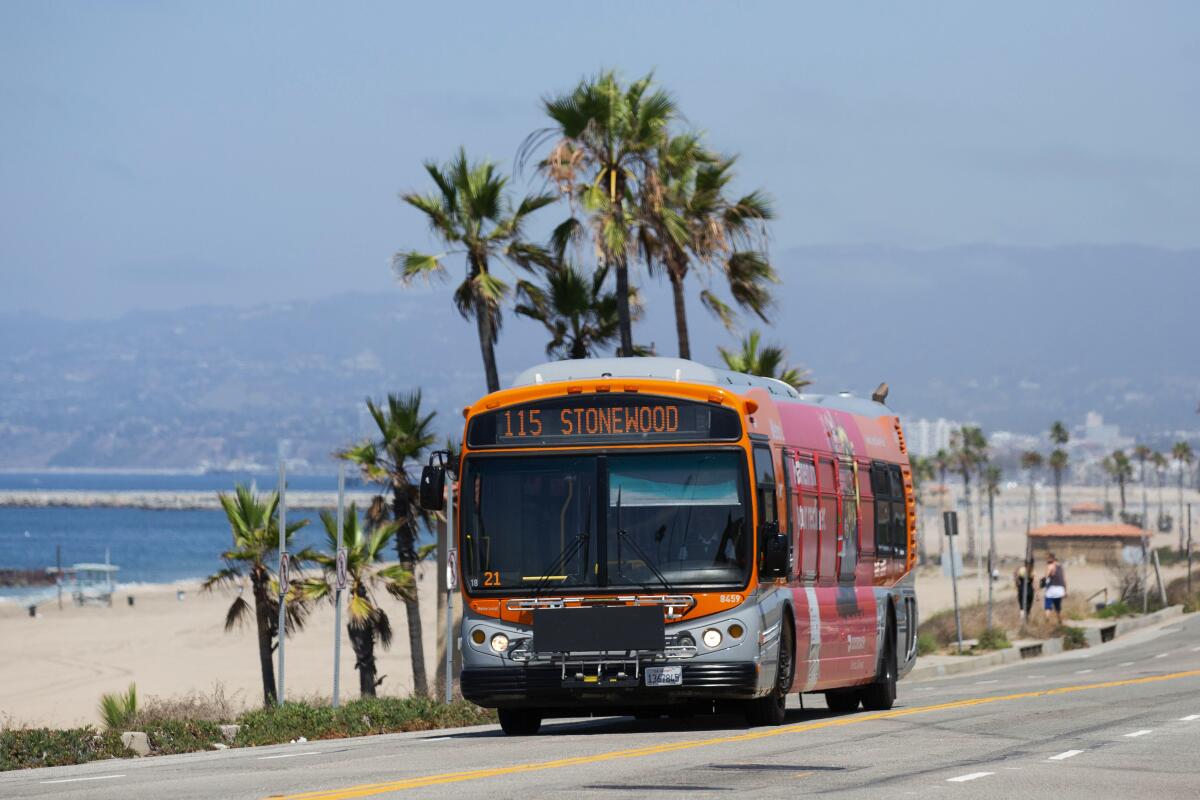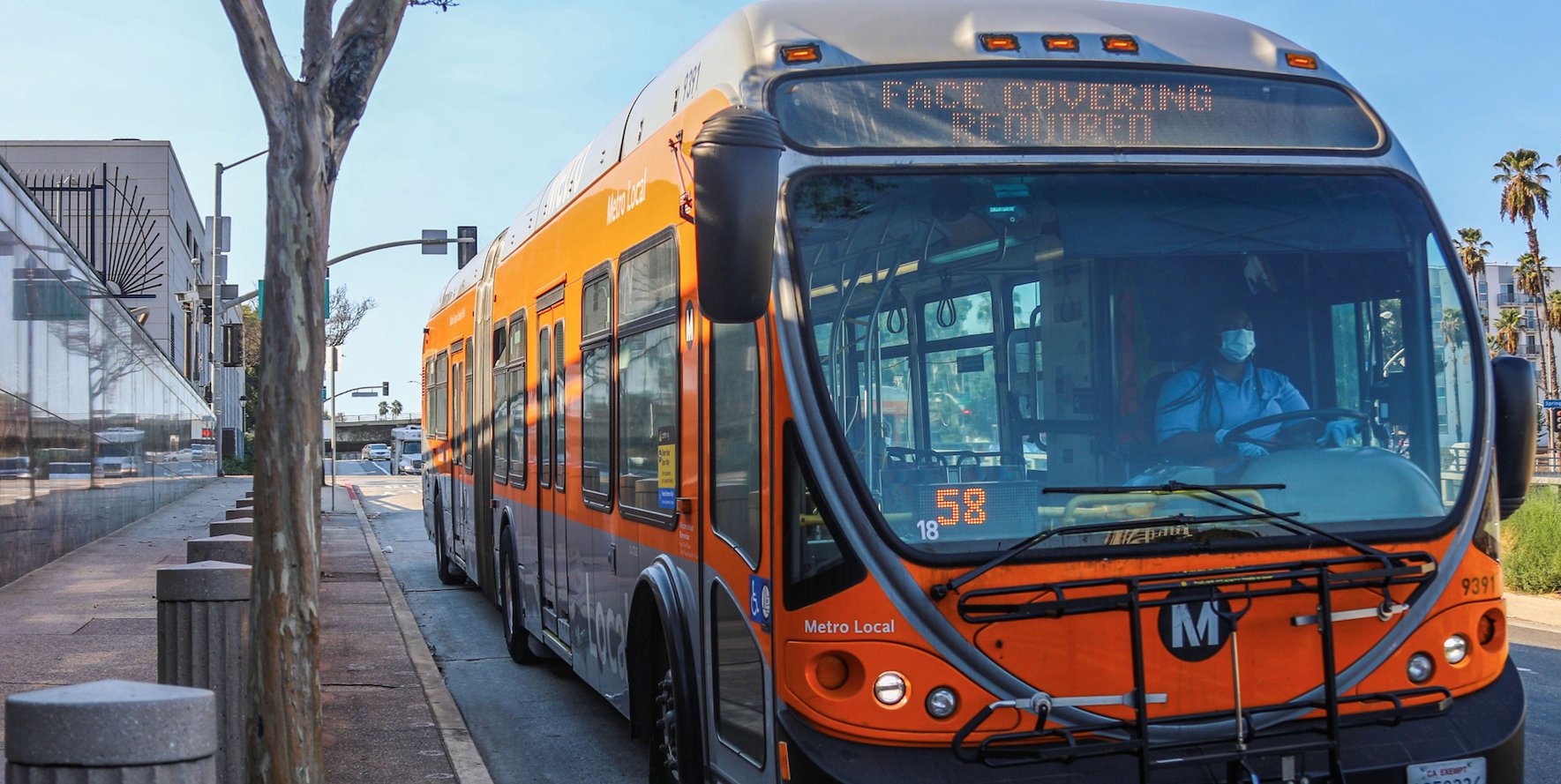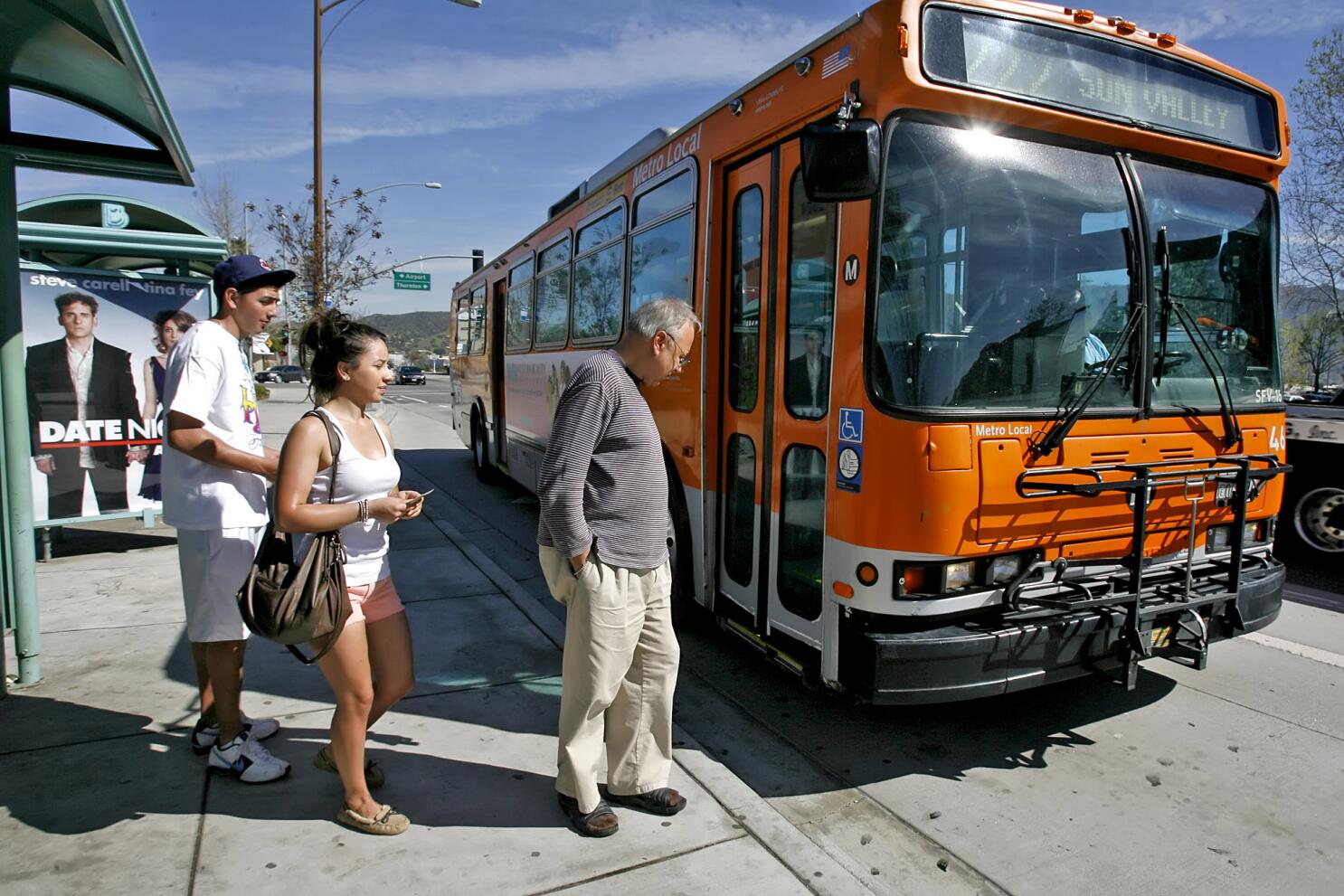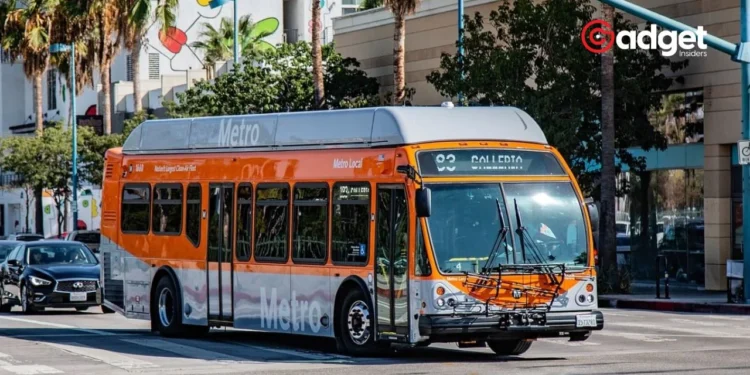In an innovative push towards managing city traffic more effectively, Los Angeles Metro has announced a new initiative that employs AI-powered cameras on buses to enforce parking regulations. This strategic deployment aims to streamline bus routes by targeting vehicles that illegally occupy bus lanes.

Metro’s High-Tech Parking Camera Rollout: Education and Enforcement Period
Starting by the end of 2024, after an extensive period of community engagement set for this summer, these high-tech cameras will begin recording only during instances of potential parking violations. “The program’s integration after two months of public outreach ensures that residents understand the initiative’s goals, timeline, and impact,” a Metro spokesperson explained. Initially, the system will enter a 60-day grace period where drivers will be alerted via warning citations without actual penalties, providing an educational transition into the new enforcement era.
Expanding AI Across City Services
Los Angeles isn’t alone in its quest to integrate artificial intelligence into public transit. Following its pilot phase, San Francisco launched an autonomous shuttle service managed by Hayden AI. This initiative aligns with efforts to improve bus schedule adherence, enhance ridership, and address broader mobility challenges.
Hayden AI’s chief growth officer, Charles Territo, highlighted the selective functionality of the new systems: “While the AI cameras are always monitoring, they only record when detecting a potential infraction.” This approach minimizes privacy concerns while maximizing enforcement efficiency.

San Francisco’s Autonomous Shuttles: A Leap Towards Future Transit
Meanwhile, San Francisco’s embrace of driverless buses marks a significant step forward in autonomous public transportation, driven by a collaboration with the tech startup Hayden AI. The $11 million deal approved by Metro’s board last year has set the stage for a broader roll-out of AI-driven services across the city’s transit systems.
New York City: AI Innovations in Subway Security
Echoing a nationwide trend towards adopting AI for public safety, New York City has recently initiated a pilot program to test AI-based gun detection technology at subway turnstiles. Announced by Mayor Eric Adams, this initiative responds to increasing concerns over subway safety and aims to preemptively identify potential threats. However, the technology, provided by Massachusetts-based Evolv, faces scrutiny over its accuracy and the legal implications of its use.
🚍LA Metro is stepping up! AI-powered cameras are being installed on Metro buses to ticket cars parked illegally in bus lanes.#LAMetro #TrafficEnforcement #SmartCities #AITechnology #ArtificialIntelligence #MachineLearning #AITechnology #AI #AIInnovation https://t.co/OkibTQuEKH
— Al Harris (@askAlHarris) April 25, 2024
Navigating Challenges and Criticism
As cities like Los Angeles and New York delve deeper into AI-assisted public services, they confront inevitable challenges ranging from public acceptance and technology reliability to legal and ethical considerations. The POST Act compliance in New York exemplifies the meticulous approach required to balance innovation with privacy and civil rights.

Conclusion: The Road Ahead for AI in Urban Management
As urban centers continue to grow, the integration of artificial intelligence into public transportation and safety systems presents a promising but complex frontier. It is a balancing act of leveraging technology to improve service efficiency and addressing the multifaceted implications of surveillance and AI ethics. Los Angeles and San Francisco’s initiatives might just pave the way for a new era of smarter, safer urban environments.
Incorporating cutting-edge technology into everyday city operations not only enhances functionality but also sets a benchmark for future developments in public transport and urban management.









